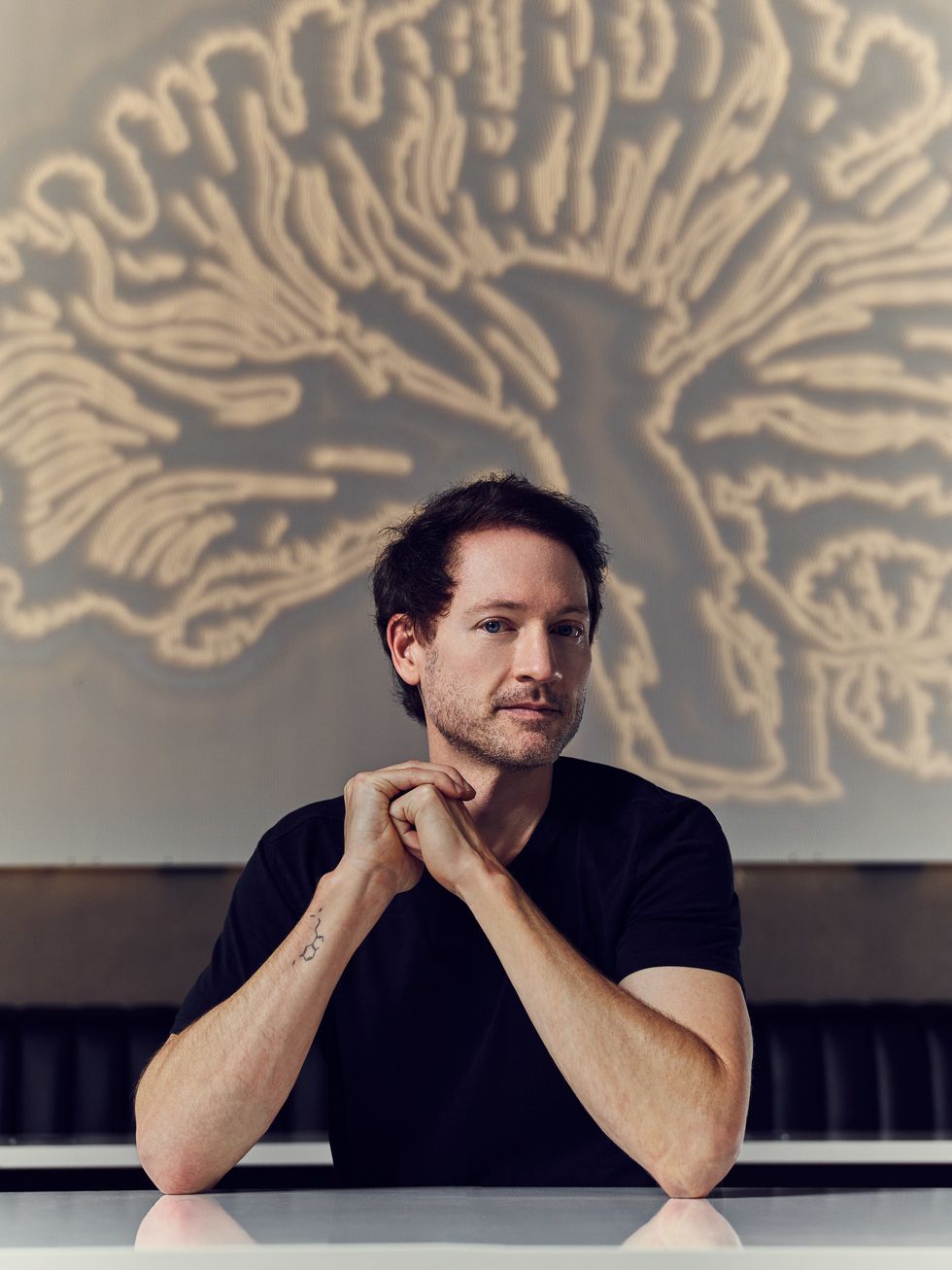As the country prepares for mass COVID-19 vaccinations, OnSite Waste Technologies is expecting a spike in demand.
The Newport Beach-based company's device quickly sterilizes needles and other biomedical waste, a process that can take clinics and nursing homes over a month as they ship off the hazardous materials to one of the country's several dozen incinerators.
The company saw demand jump as the pandemic left nursing homes and assisted living facilities with piles of waste. Their orders rose 500% between May and July compared to the same quarter last year.
"Waste was storing up in those facilities and they weren't letting the hauling services come in," said Brad Barnes, the startup's co-founder and CEO.
Armed with a $3.5 million Series A round led by Mark IV Capital, the company is readying to ramp up production of their printer-sized device. It sterilizes biomedical waste products like personal protective gear by heating them up to 400 degrees for 90 minutes. The process gets rid of all viruses like COVID-19, bacteria and other spores, allowing the the old products to be disposed of in a trash can.
The company, which launched last year, currently rents its hardware to long-term care facilities and clinics for infusion therapy and male testosterone replacement in 41 states. Barnes said it took a total of three years to receive regulatory approval, which varies for each state.
Offices can run about 200 needles through the sterilization machine during each three-hour cycle. After the machine heats this so-called "red-bag" waste and lets it cool, it's safe enough to throw away with normal trash.
Barnes said switching to his technology can save businesses up to 60% in costs compared to paying for the traditional method of medical waste disposal. It also reduces a company's risk to exposing healthcare workers to infectious diseases.
"If nothing else, it shortens their liability time," he said.
In the last four months the startup has grown its team by 40%, Barnes said, and they're looking to increase it by another 40. The latest round bumps the startup's total funding to $8.5 million.
With roughly 40 million people living in California alone, Barnes is eying opportunity. He sees mobile vaccination units, for example, as potential customers across the country.
"What we see ahead of us is 10 billion new injections that were never expected or planned that'll take place in the next couple of years," he said. "All of us are in for a long haul."
California's acting state public health officer said earlier this week that, while a number of doses might be available by the end of the year, widespread vaccination probably won't be ready for "many more months."
**This story has been updated.


